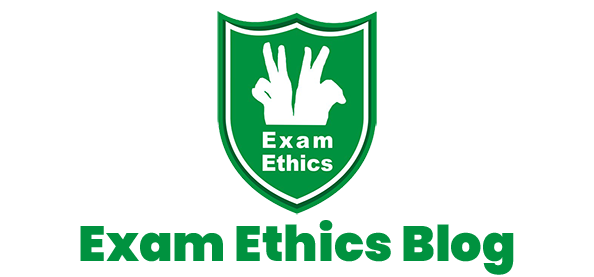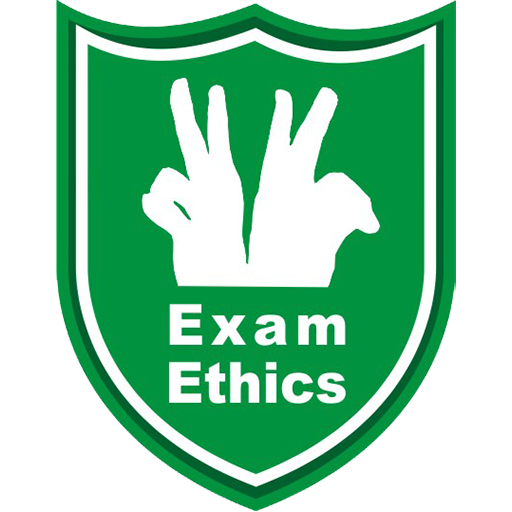
Odewumi
HSC, also known as the Sixth Form or A’ Level, was part of the nation’s 6-5-2-3 education policy, which allowed students to qualify for direct admission into university, but in 1973, the educational system was updated to the 6-3-3-4 (Six years primary, three years junior secondary, three years of senior secondary and four years tertiary education) similar to the American system.
The HSC is seen as a bridge between secondary and tertiary education. It not only prepares students academically for undergraduate studies, the HSC is also crucial for the psycho-social development of students. The programme also develops students into young adults who can take responsibility for their actions.
However, over the years, the sector has suffered various challenges including dilapidated infrastructure, inadequate teaching and learning facilities, and outdated curriculum, among others.
There are also concerns about the challenges being faced by prospective candidates under the Unified Tertiary Matriculation Examination (UTME) scheme.
Stakeholders believe with the present education system, students are not properly prepared for higher academic pursuits. Experts argued that most students who went through A-levels are better off than those who gained admission to universities through the UTME and called for reintroduction of the same.
A Professor of Transport Planning and Policy, Prof. Samuel Odewumi, enjoined the present administration of President Bola Tinubu to incorporate the HSC programme into the school system.
The former Dean School of Transport and Logistics, Lagos State University (LASU), said HSC had been a stop-gap between secondary school and university education for students to mature and acquire knowledge before proceeding for higher education.
He said HSC would help to create a safe pool for the large population of secondary school leavers who could not secure admission to universities owing to limited spaces.
Besides, he noted that those who complete their secondary education before clocking age 16, which is the minimum age for entry into public universities, would be absorbed into the two-year HSC programme, where he or she would have gained some level of maturity.
Odewumi wondered why governments at both state and federal levels are reluctant to resuscitate the HSC programme despite the many challenges in the nation’s education system.
He said reintroducing the HSC programme would solve cases of super brilliant kids who complete their secondary education in record time, but are unable to secure admission due to age.
He said: “These children are not just finishing their secondary education on time, but in flying colours. Year after year, cases of children scoring highest in the West African Senior School Certificate Examination (WASSCE) and UTME, only to be denied admission on account of being under-aged. The pain in that is that when such children are not encouraged to continue to strike their ‘iron’ brain while it’s hot, they end up losing steam and subsequently become an ordinary student if not a weak one.
“Therefore, HSC would provide a double advantage of keeping them in hot academic engagement while they are catching up on their age for university admission. In addition, there would be no time loss, as they would gain admission to 200 level through direct entry,” Odewumi added.
A similar gesture could be extended to other brilliant candidates who meet admission requirements but denied admission due to inadequate spaces in the institutions.
National President, Association of Proprietors of Private Schools (NAPPS), Chief Yomi Otubela, also urged the government to reintroduce the HSC programme as a way of producing more mature and academically ready learners in tertiary institutions.
Otubela pointed out that these students would spend fewer years in the universities since they are not starting at the preliminary level.
He added that more mature students who are academically and mentally prepared would be admitted into Nigerian higher institutions.
Otubela explained that in the HSC programme, students are taught advanced level subjects that would prepare them for courses at the tertiary level. This, he said, has a way of bringing out the best in learners, as more academically and emotionally prepared students are admitted into tertiary institutions.
He, however, noted that both the UTME and HSC programmes could run concurrently by allowing those who secured admission through JAMB go through the usual preliminary levels, while A-level students could go to 200 level.
The NAPPS chief said the government could do more by looking at the education sector holistically and develop policies that would not only help stakeholders in the sector, but also make students compete favourably with others from advanced countries.
The Administrative Manager and Public Relations Officer, Jextoban Secondary School, Lagos and Ogun states, Dr. Solesi Abayomi, said the HSC programme has been tactfully reintroduced in many private schools, although its gains are yet to be seen.
Abayomi
According to him, the slot allotted to direct entry students is very negligible, which reflects government policies in the sector.
“Furthermore, when you reflect on the A level programmes as obtained in the 70s, the goal is basically on merit and not on quota system, and one can be sure that admission is guaranteed, but now, the situation has changed. Even with private school initiatives in the subtle reintroduction of this programme, the greatest beneficiaries are still foreign universities who are taking advantage, while our policymakers look the other way.
“However, the challenge we have now is not the issue of A level, but one that would resolve problems confronting the sector. For instance, China converted over 600 universities to polytechnics to bridge the gap between theory and its practice, that is, problem-solving methods. This will go a long way to fill the gap created in the sector, rather than over-relying on certification without technical know-how. After all, technology itself can be copied or stolen.”
He said HSC reintroduction this time would not significantly address any issue in the sector, but just serve as a stop-gap.
Labaika
Chairman, Academic Staff Union of Secondary Schools of Nigeria (ASUS), Lagos State chapter, Kazeem Labaika, said reintroducing HSC, would better prepare students for future challenges in learning and knowledge acquisition.
He said the programme could still coexist alongside JAMB and provide students with more options in admission into tertiary institutions.
Laibaika advised the government to initiate a complete revamp of the education sector to meet global practices.
He said: “If the primary education is in order, other sub-sectors would leverage it. There should be better welfare for teachers; this is key to educational development. Infrastructure, curriculum and conducive environment are imperative for learning.”







